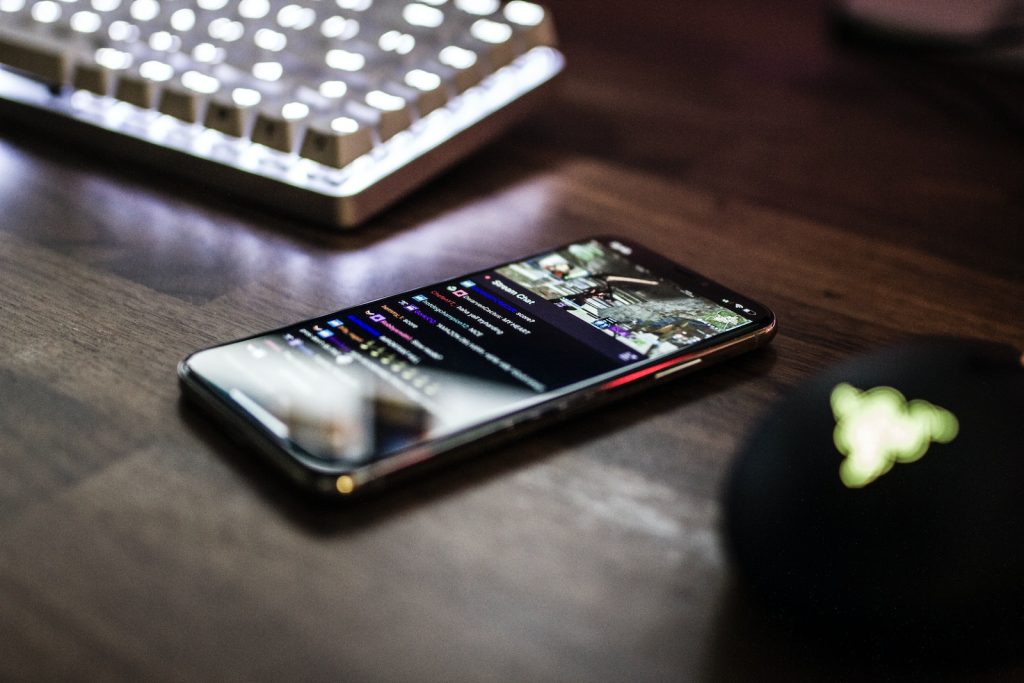
A powerful tool that has the ability to improve our mental health and wellbeing, gaming applications have developed into more than just a source of amusement in the digital age.
The idea of “game-based therapy,” or the use of games for therapeutic reasons, has received a lot of attention recently. Even major bookmakers like Verde Casino have taken an interest in this area, looking for ways to support their players’ mental health.
Developers have made a variety of apps that target different mental health issues by utilizing the interactive and engaging aspects of gaming, offering a fresh and convenient method of therapy.
This article will go into the realm of applications and investigate their therapeutic potential, outlining their advantages and going through some noteworthy examples. So get ready for an amazing voyage into the world of therapeutic gaming and grab your virtual joystick!
Understanding the Therapeutic Power of Apps
Gaming applications’ use of gamification techniques is one of the main factors that makes them therapeutic. Gamification is the incorporation of game mechanics into contexts that are not gaming-related, such as prizes, challenges, and progress tracking.
These components are used by gaming applications to appeal to our intrinsic motivation and foster feelings of success and advancement. People who have trouble staying motivated in conventional treatment settings may benefit the most from this interaction.
The gamified element of these apps keeps users interested and inspired to continue their therapeutic journey, whether via awarding points for successfully completing tasks or unlocking new levels.
Enabling users to lose themselves in virtual worlds and momentarily disengage from their real-life concerns, applications provide a special kind of healthy escapism. Playing games can offer a much-needed respite from the relentless demands of daily living, promoting relaxation and stress reduction.
Additionally, playing video games frequently results in the body’s natural feel-good hormones, endorphins, being released, which heightens the therapeutic effect. Gaming apps can develop into a beneficial outlet for stress relief and mental well-being by offering a secure environment for discovery, creativity, and adventure.
Addressing Specific Mental Health Challenges
The use of gaming apps can improve mood and provide emotional support for people who are depressed.
Many applications strongly emphasise fostering optimistic thinking, self-worth, and emotional resilience through engaging activities and upbeat stories. People might feel a sense of accomplishment, excitement, and connection by submerging themselves in these virtual environments.
Some apps also have social interaction components, enabling users to interact with encouraging communities and share their experiences. This promotes a sense of belonging and lessens feelings of loneliness.
Additionally, there is evidence that apps can improve cognitive functioning and support cognitive rehabilitation. These applications offer games that concentrate on improving particular cognitive abilities, including memory, attention, and problem-solving.
Users can test and develop their cognitive abilities through regular gaming, encouraging mental flexibility and resilience. This is especially advantageous for people who are recuperating from brain injuries or ailments like dementia.
Gaming apps offer an accessible and entertaining way to improve cognitive abilities and help rehabilitation efforts by offering a fun and engaging platform for cognitive activities.
Notable Therapeutic Apps
Here are some therapeutic apps that are worth trying out:
- Calm: Calm is a well-known app for meditation and sleep that incorporates interactive gaming components to go beyond conventional mindfulness practices. It offers a range of activities designed to lessen anxiety, encourage relaxation, and enhance the quality of sleep, including guided meditations, calming music, and sleep stories. Through interactive and relaxing activities, the app’s visually attractive and immersive surroundings engage users and assist them in finding inner peace.
- SupperBetter: SuperBetter is a game created to assist players in overcoming hardships and fostering resilience. SuperBetter, created by a renowned game designer, blends elements of cognitive-behavioral therapy, positive psychology, and in-game mechanics to produce an enjoyable and encouraging experience. Users can create goals, track progress, and develop strategies for overcoming problems through quests, power-ups, and social connections. It encourages users and gives them a sense of accomplishment by converting common tasks into games, thereby enhancing their mental health.
- Peak: A selection of mini-games aimed at improving memory, concentration, language, and problem-solving are available in the brain-training app. Peak offers consumers interesting challenges to hone their cognitive skills with tailored training programs and adaptable difficulty levels. The training process is entertaining and gratifying because of the app’s engaging and eye-catching layout. It motivates users to strive for development and keep up a consistent cognitive workout schedule by introducing gamification features like achievements and leaderboards.
Final Thoughts
A new and exciting approach to mental health and wellbeing is now possible thanks to gaming applications, which have unlocked a world of therapeutic possibilities.
These apps address a variety of mental health issues by utilizing the power of gamification to give motivation, relaxation, cognitive stimulation, and emotional support.
We should expect more advancements in the therapeutic gaming industry as technology develops, opening the door for interventions that are more accessible and customized. So, why not investigate the therapeutic possibilities of apps by utilizing this virtual space? Join me as we go out on this adventure to improve our wellbeing.
